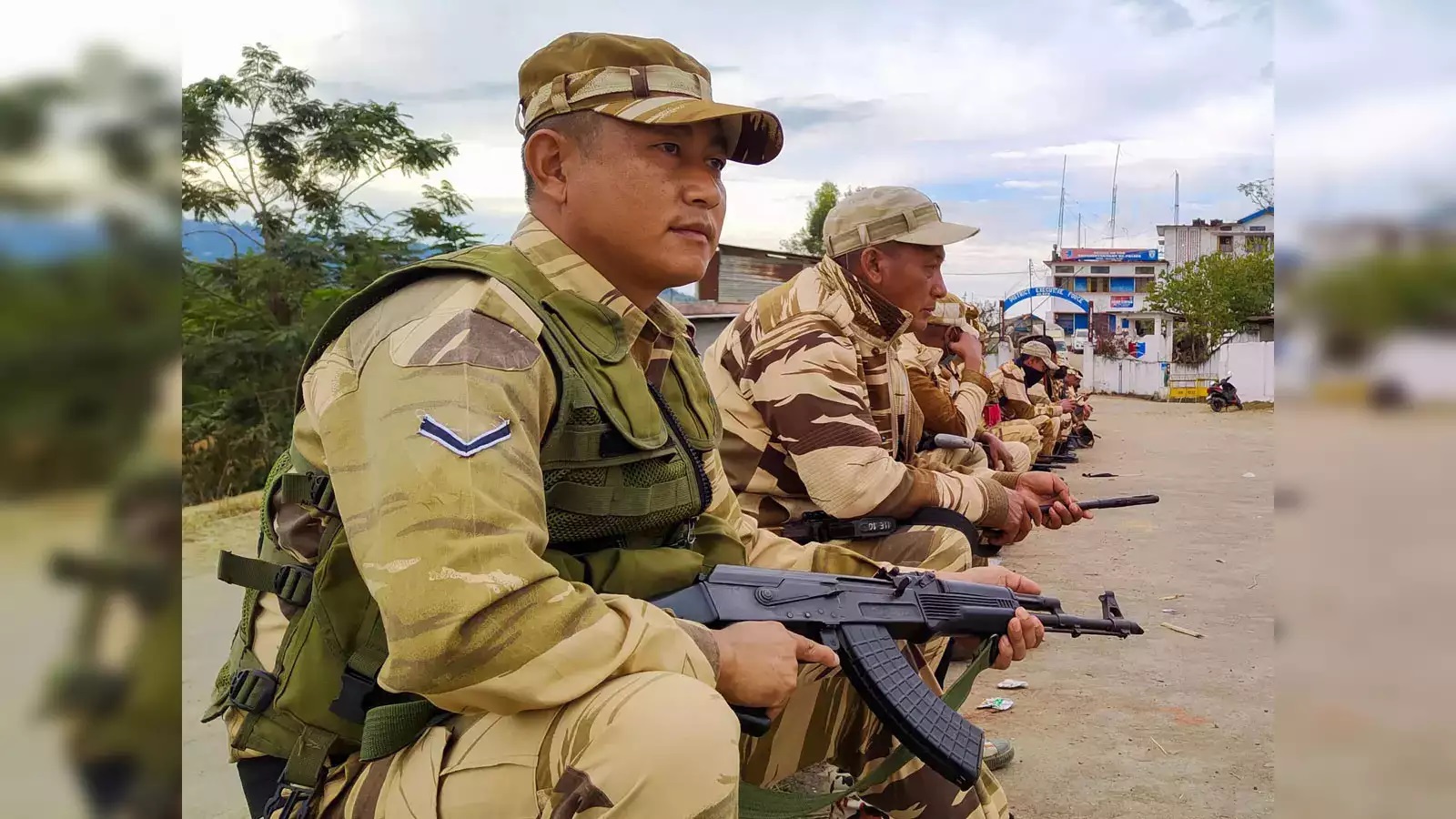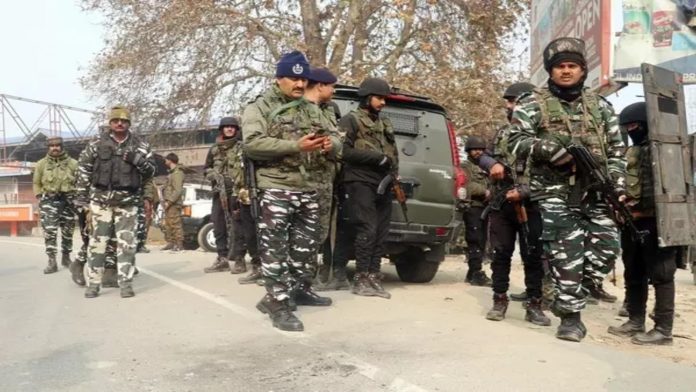- For the uninitiated, the Armed Forces (Special Powers) Act, of 1958 is an act of the Parliament of India that grants special powers to the Indian Armed Forces to maintain public order in disturbed areas. According to the Disturbed Areas Act, 1976 once declared disturbed, the area has to maintain the status quo for at least 3 months. The AFSPA gives unbridled power to the armed forces and the Central Armed Police Forces deployed in disturbed areas as specified under the Act to kill anyone acting in contravention of law, arrest, and search any premises without a warrant, and ensure protection from prosecution and legal suits without the Central Government’s sanction. We know how the AFSPA has proved to be contentious over the years.

PC: The Economic Times
- The AFSPA largely stays in force in the insurgent-infested northeastern region of the country. Thankfully, the Union Government has lifted the AFSPA from several districts of northeastern states in the last few years, but many are still under the act. The nation is aware of what transpired in Nagaland a few years back when 14 civilians were killed by the soldiers. The case for justice was taken up by the Nagaland government and reached the SC for a hearing. Reason Nagaland’s SC appeal in the case of victims is crucial simply because justice delivery is fundamental to peace in the region. Now, the Defence Ministry has six weeks to respond to SC’s notice, on the Centre’s refusal to grant Nagaland sanction to prosecute 30 army soldiers, for a botched-up military op.
- This tragedy happened in Mon district in Dec 2021 killing 14 civilians and one soldier. It was evident on the ground that half-baked intelligence had informed of the special unit’s attack on miners returning home in a truck. An SIT was set up. Army instituted a court of inquiry. Justice was promised. Compensation was doled out. In six months, SIT named 30 soldiers. The army inquiry concluded the attack was a case of mistaken identity and error of judgment. Nagaland moved to act on the SIT report, but SC stayed prosecution against accused soldiers since sanction for prosecution hadn’t been obtained from Centre, which eventually denied permission. Notably, eight of Nagaland’s thirteen districts, including Mon, continue to be under AFSPA.

PC: The Radar
- Enter AFSPA and everything that could be routine for investigation and prosecution takes a nosedive. Security forces retain unbridled powers under the law. Investigation doesn’t need sanction, but the Centre’s nod is required before prosecution. Note that the army is under tremendous pressure to keep things under control facing opposition/hostility from several fronts. However, with Manipur still restive and insurgent clashes seeing an uptick, Nagaland’s request must be carefully considered. For Mon, justice seems right now to be not only delayed but also denied. Nagaland’s appeal could, for one, nudge the army into a logical next step for closure. Yes, there’s a fine line between delivering justice and keeping army morale high. A line must be found.






